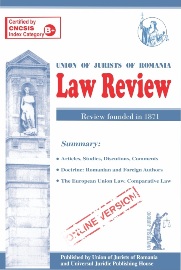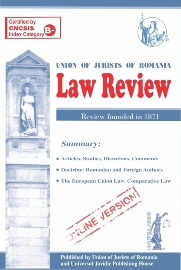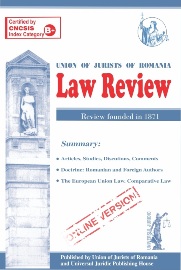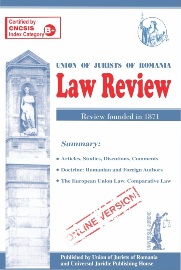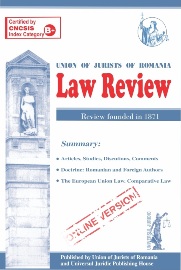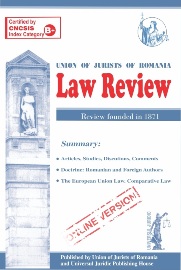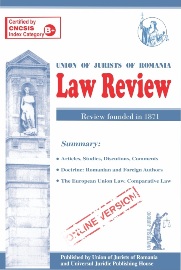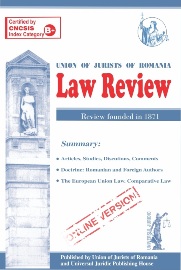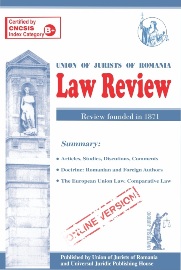Author(s): Cristina Elena Tudor / Language(s): English
Issue: 02/2012
The federal antitrust framework is formed – excepting The Sherman Act (1890) – of The Clayton Act (1914), The Federal Trade Commission Act (1914) and The Hard-Scott-Rodino Act (1976). These Antitrust Laws codify what have become known as ,,per se” and ,,rule of reason” violations of the Sherman Act. According to the Supreme Court´s jurisprudence, a practice is an exclusionary conduct only if it is appreciated as an ,,unreasonable” restrain, but the Court hasn’t explicitly defined this concept. However ,,reasonableness” inquiry focuses on how a challenge business practice affects competition. There exist two tests for demonstrate the anticompetitive characteristic of a practice: per se test and rule of reason test. Each test helps to identify a ,,per se” violation or a ,,rule of reason” violation. The first test is applied to the violations of Section I of the Sherman Act and the second to the rest of them. Jurisprudence identifies as ,,per se” violations: price fixing, agreements among competitors to divide markets or allocate costumers, certain tying agreements and group boycotts. Under the application of ,,per se” test, a violation is treated as being so clearly anticompetitive as to be conclusively “unreasonable” and the plaintiff only has to demonstrate that the practice occurred. By contrast, ,,rule of reason” test was developed to analyze all the competitive and anticompetitive effects of the challenged conduct before the determination of ,,unreasonableness”. The “rule of reason” violations are prohibited under the Section II of the Sherman Act. The extensive background and experience in the U.S. Antitrust Law demonstrated that the classification of a practice as ,,per se” or ,,rule of reason” violation wasn’t always easy to do. A few horizontal restrains were said to be subject to an intermediate mode of analysis called the ,,quick-look” which appeared in the XX century.
More...
